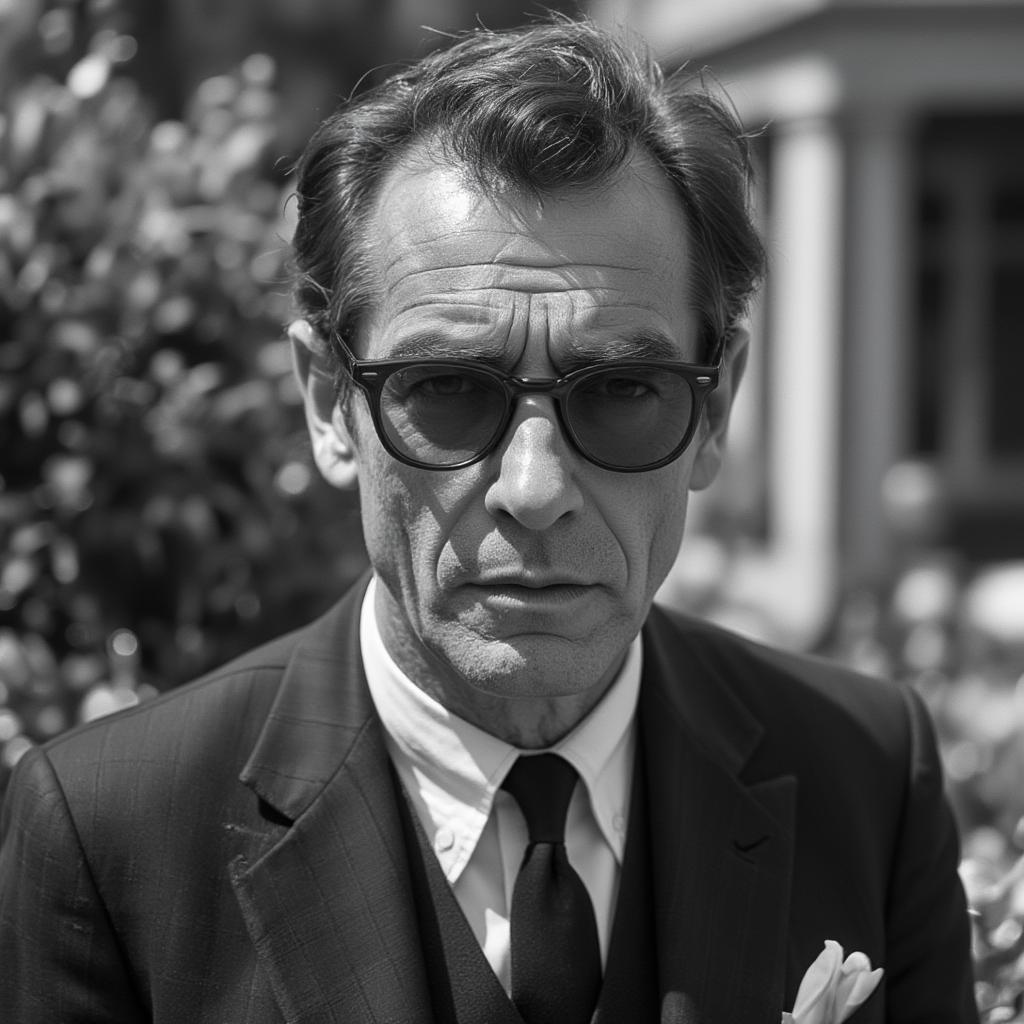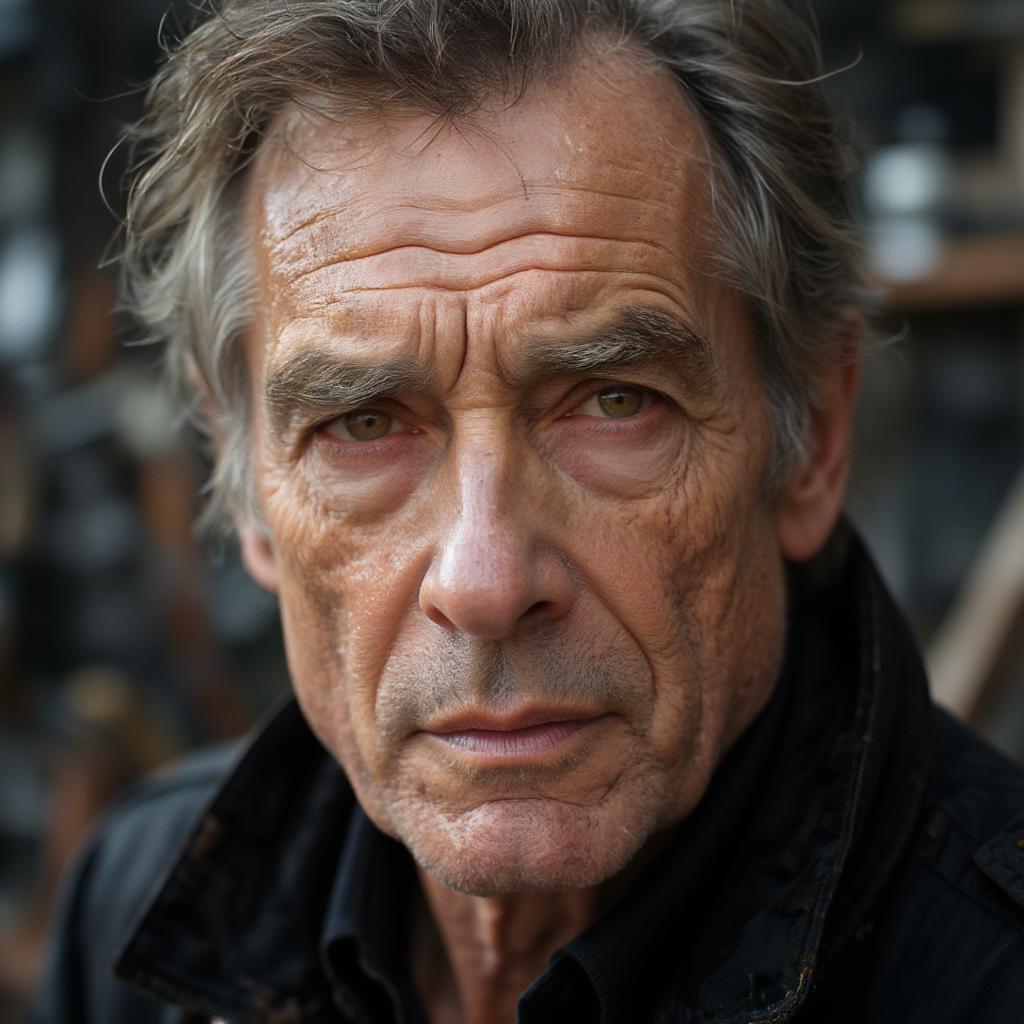Michael Caine: A Masterclass in British Cinematic Cool

Michael Caine, a name synonymous with effortless charisma and a staggering filmography, isn’t just an actor; he’s a cinematic icon. From his early days as a cockney charmer to his later roles as the wise mentor, Caine’s career spans decades and genres, solidifying his place as a true legend of the silver screen. But what is it about this British actor that continues to captivate audiences? Let’s dive into the world of Michael Caine and explore the secrets behind his enduring appeal.
The Early Years: From Working-Class Roots to Stardom
Michael Caine, born Maurice Micklewhite, didn’t have a silver spoon upbringing. His early life in working-class London instilled in him a grit and authenticity that would later define his on-screen presence. Imagine a young man, fresh out of the army, navigating the cutthroat world of 1950s British theatre, fueled by ambition and raw talent. That’s the Michael Caine we’re talking about. His cockney accent, initially a barrier, became his signature. Think of it, a natural charm in a world of received pronunciation. His breakout roles in films like Zulu (1964) and The Ipcress File (1965) showcased his unique blend of vulnerability and toughness.
Defining the Cool of the 1960s
The 1960s were a time of cultural revolution, and Michael Caine was at its forefront. His portrayal of Harry Palmer in The Ipcress File was the antithesis of James Bond – a bespectacled, reluctant spy with a decidedly working-class sensibility. This role, along with Alfie Elkins in Alfie (1966), cemented his status as a style icon. The cool, nonchalant swagger, the perfectly tailored suits, and the ever-present spectacles—Caine was the embodiment of effortless chic. It’s like the era of rock and roll, but on a big screen. He wasn’t just acting; he was defining the very idea of cool.

“Caine’s impact wasn’t just on British cinema, but on the global understanding of what a leading man could be. He brought a unique, relatable edge to the role, proving that sophistication isn’t always about polish.” – Dr. Eleanor Vance, Film Historian
A Career of Unparalleled Variety
What sets Michael Caine apart isn’t just his charm or style; it’s his astounding range. He’s not confined to a single genre or character type. From the gritty realism of Get Carter (1971) to the hilarious absurdity of The Muppet Christmas Carol (1992), Caine has tackled it all. He’s equally at home in period dramas, action thrillers, and even animated films. This versatility is rare, and it speaks volumes about his skill as an actor. Can you imagine another actor who could make such a smooth transition between a gangster in one movie and a kindhearted dad in another?
The Mentor Era: Wisdom and Grace
As Caine matured, he seamlessly transitioned into mentor roles, imbuing each character with a sense of wisdom and gravitas. His performance as Alfred Pennyworth in Christopher Nolan’s Batman trilogy redefined the iconic butler, portraying him not just as a loyal servant but also as a surrogate father and confidante. Then comes the magician, Cutter, in The Prestige (2006), his scenes are like a masterclass in acting with subtle nuances. This evolution of his career illustrates his incredible flexibility and continuing evolution of acting style, isn’t it?
The Art of Dialogue: Caine’s Unique Voice
One of Michael Caine’s defining characteristics is his distinctive voice. That recognizable cockney drawl has become a part of his persona, adding authenticity and warmth to his performances. He’s often credited with making the most mundane lines sound utterly captivating. It’s more than just the accent; it’s the way he delivers his lines, with perfect timing and an underlying hint of humor. Ever find yourself captivated by a character’s dialogue? That’s Michael Caine’s magic at work.
Breaking Down Caine’s Acting Techniques
Beyond the voice, Michael Caine is a master of his craft. He is known for his meticulous approach to character development, often delving deep into the psychology of the people he portrays. He emphasizes naturalism and underplaying emotions, which makes his performances appear effortlessly real. He often speaks of “being the character” rather than “acting” the character, a mantra of his. How many actors can you think of who can pull off being both serious and funny with equal impact?

“Michael Caine’s acting is so authentic and grounded that you rarely see the ‘performance’; you see the character. He has this uncanny ability to inhabit roles and make them utterly believable.” – Professor Samuel Davies, Drama Coach
The Enduring Legacy of a Cinematic Icon
Michael Caine’s career is a testament to the power of hard work, dedication, and a unique talent. He’s not just an actor; he’s a cultural phenomenon. He’s a reminder that authenticity and versatility can lead to a long and fulfilling career. His impact extends beyond cinema, inspiring generations of actors and filmmakers. How can one not be moved by his long and successful career?
Lessons from a Master of the Craft
What can we learn from Michael Caine’s career? Firstly, authenticity matters. Secondly, versatility is crucial. And finally, hard work and passion can take you to incredible places. Caine’s journey is a testament to the power of embracing your roots and never compromising your own truth. He’s an example of how to stay relevant and keep evolving as an artist, always.
Conclusion
Michael Caine is more than just an actor; he’s a national treasure, a style icon, and a master of his craft. His journey, from a working-class London boy to a global cinematic legend, is a story of talent, hard work, and a genuine love for acting. His is a legacy that continues to inspire, and his performances continue to captivate. Michael Caine’s career will not just stay in film history, but will be passed down from generation to generation.
FAQ About Michael Caine
1. What is Michael Caine’s real name?
Michael Caine’s real name is Maurice Joseph Micklewhite. He adopted his stage name from the Humphrey Bogart film The Caine Mutiny.
2. What are some of Michael Caine’s most iconic roles?
Some of his most iconic roles include Harry Palmer in The Ipcress File, Alfie Elkins in Alfie, Jack Carter in Get Carter, and Alfred Pennyworth in The Dark Knight trilogy.
3. How did Michael Caine become famous?
Michael Caine became famous through a combination of talent, hard work, and a series of breakthrough performances in the 1960s, starting with his role in Zulu.
4. What is Michael Caine known for?
He is known for his distinctive cockney accent, effortless cool, versatile acting range, and his ability to deliver memorable dialogue.
5. Has Michael Caine won any Oscars?
Yes, Michael Caine has won two Academy Awards for Best Supporting Actor: one for Hannah and Her Sisters (1986) and another for The Cider House Rules (1999).
6. What makes Michael Caine’s acting style unique?
His acting style is characterized by its naturalism, his nuanced delivery, and his ability to make his characters seem both believable and captivating.
7. What are some of Michael Caine’s most recent roles?
Some of his most recent notable roles include his work in Christopher Nolan films like Tenet and Interstellar before he retired from acting.
8. Did Michael Caine have any mentors early in his career?
While not directly mentored by a single person, he has cited Humphrey Bogart as a significant influence and inspiration.
9. What are some lessons that can be learned from Michael Caine’s career?
Lessons include the importance of authenticity, versatility, hard work, and the ability to evolve as an artist, adapting to new roles.




